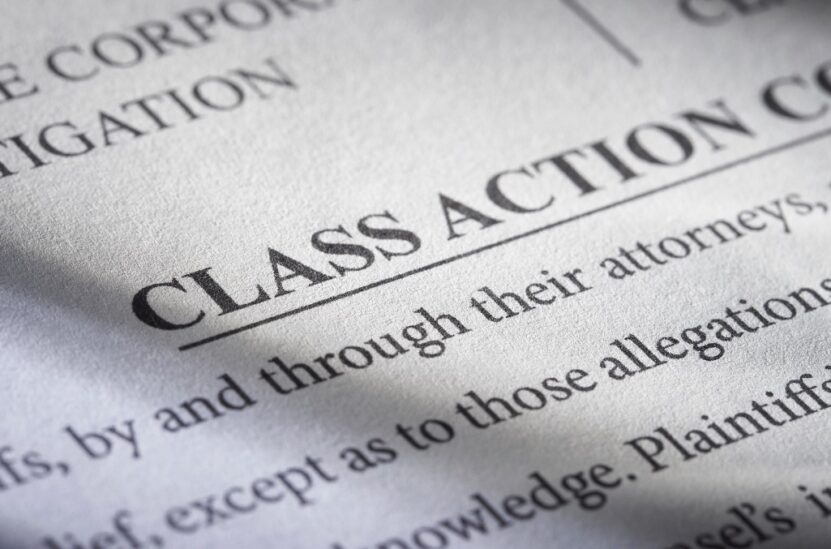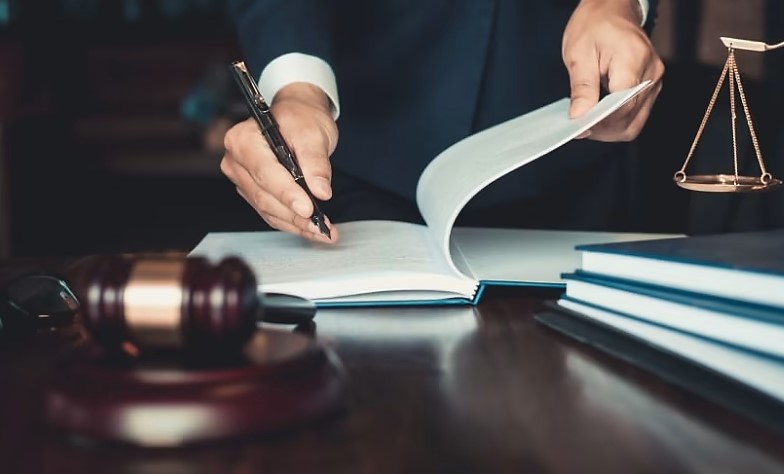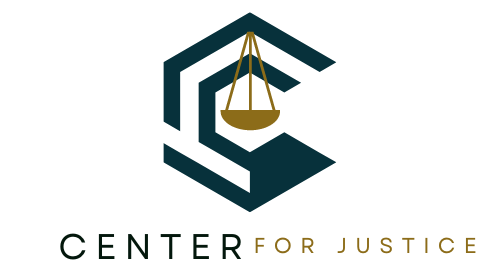Choosing the right class action lawyer is crucial for any collective lawsuit. Experienced attorneys who have dealt with class action cases before are essential. They need to demonstrate expertise in filing appropriate paperwork and proving the class exists. The right lawyer can significantly influence the outcome of the case.
It’s also vital to look at the fee agreement. Most class action lawsuits operate on a contingency fee basis, meaning the attorney only gets paid if there’s a settlement or victory. This structure can be beneficial, as it ensures the lawyer is motivated to achieve the best possible outcome for the class members.
When selecting a class action lawyer, consider their prior experience with similar cases. Ideally, the attorney should have a proven track record in your specific area of concern. Whether working with law firms or as solo practitioners, these lawyers should be adept at representing plaintiffs throughout legal processes, including negotiations or trials.

Understanding Class Action Lawsuits
Class action lawsuits allow a group of people, known as plaintiffs, to sue a defendant for alleged common harm. These cases often involve large-scale issues such as defective products and can lead to significant settlements or compensation for those affected.
A recent large class action case known as Dieselgate was a scandal involving Volkswagen, where the company was found to have installed software in diesel engines to cheat emissions tests, making the vehicles appear more environmentally friendly than they actually were. This deception was discovered in 2015 and led to significant legal and financial consequences for Volkswagen, according to the Daily Mail.
Definition and Purpose
A class action lawsuit is a type of legal case where a group of people, called class members, collectively bring a claim against a defendant. These cases often arise when many individuals suffer harm from the same source, such as faulty consumer products or corporate misconduct.
Class actions aim to provide a more efficient legal route. Instead of numerous individual lawsuits, a single case aggregates similar claims. This approach benefits the legal system by consolidating resources and ensures a more uniform resolution for all affected parties.
The plaintiffs are represented by a chosen class representative, who acts on behalf of the entire group. This representative’s experiences and grievances must be typical of the class members to ensure fair and adequate representation.

Roles and Responsibilities in a Class Action
Class action litigation involves several key roles. The primary actors include the class members, the class representative, and the legal team representing them. The class representative is crucial, as they stand in for the entire group in court.
The plaintiff’s legal team must handle various tasks such as filing the lawsuit, proving the existence of the class, and managing all communications. Their expertise is crucial for the case’s success. They should have prior experience in similar lawsuits and be prepared to handle complex litigation.
The defendant, often a company, must respond to the claims and can be required to pay compensation or a settlement if found liable. The court plays a vital role in certifying the class, ensuring all legal requirements are met before the case proceeds.
In the end, class action lawsuits aim to achieve justice for all class members who have been harmed, providing a collective path to compensation and legal resolution.
Criteria for Choosing a Class Action Lawyer
Choosing the best class action lawyer involves considering their experience, track record, expertise in relevant areas, and their communication skills.
Experience and Track Record
When selecting a class action lawyer, their experience and track record are vital. A lawyer who has handled class action suits before, especially as lead counsel, demonstrates the know-how to manage complex cases. They should have a history of successfully certifying classes and achieving favorable settlements or verdicts.
An impressive track record often includes cases in areas like product liability, discrimination, and securities fraud. Reviewing their past cases can give insight into their strategic approach and success rate. Ensuring the attorney has experience with similar claims to yours can significantly affect the case outcome.

Expertise in Relevant Areas of Law
Expertise in the relevant area of law is essential when choosing a class action lawyer. Class action cases can span various fields, including toxic torts, civil rights violations, and negligence. A lawyer with specialized knowledge in the specific type of law related to your case will be more adept at navigating the legal complexities and potential defenses.
If your case involves a specific issue like COVID-19-related claims, finding an attorney with direct experience in that area increases the likelihood of addressing unique challenges effectively. The lawyer’s previous involvement in similar cases ensures they are familiar with precedents and market practices.
Assessing Communication and Responsiveness
Good communication and responsiveness are crucial traits in a class action lawyer. Evaluating how promptly and clearly they respond to inquiries can gauge their commitment and attentiveness to the case. Lawyers who are transparent and provide regular updates make clients feel more confident and informed.
The ability to explain legal terms in plain language is a sign of effective communication. A lawyer who listens to client concerns and addresses them promptly is more likely to represent the class effectively. This builds trust and ensures that all class members’ interests are suitably represented.
By prioritizing these criteria, you can select a class action lawyer well-equipped to handle your case, increasing the likelihood of a successful resolution.
Financial Considerations of Legal Representation
Financial aspects are crucial when choosing a class action lawyer. It’s important to consider contingency fees and other costs that may arise during a lawsuit.

Understanding Contingency Fees
Many class action lawyers work on a contingency fee basis. This means they get paid only if the case is successful, usually taking a percentage of the settlement. The typical range is between 25% to 40%.
For example, if the settlement is $1 million, a lawyer with a 30% contingency fee would receive $300,000.
Pros of contingency fees:
- No upfront costs for the client
- Lawyers are motivated to win
Cons:
- A significant portion of the settlement goes to the lawyer
- Clients should always discuss fee percentages upfront to avoid surprises later.
Additional Costs and Expenses
Apart from contingency fees, there can be other costs and expenses linked with class action lawsuits. These may include:
- Court filing fees ─ Charges for submitting paperwork
- Expert witness fees ─ Costs of professional testimony
- Administrative costs ─ Fees for copying, mailing, and more
Some lawyers may advance these costs, expecting reimbursement from the eventual settlement. Others might expect clients to pay periodically.
It’s vital to understand what expenses will be incurred and how they are handled. A detailed discussion about these could help avoid later misunderstandings and financial strain. Ensuring transparency in the financial arrangement is key to a smooth attorney-client relationship.
The Importance of Local Knowledge and Resources

Choosing a class action lawyer who understands the local landscape can significantly impact the outcome of your lawsuit. Knowledge of state-specific laws and local connections can be crucial in navigating the legal process effectively.
State-Specific Laws and Statutes
Class action attorneys must be well-versed in the state-specific laws and statutes where the case is filed. Each state, be it California or Kansas, has its own rules and statute of limitations impacting class action lawsuits. For example, asbestos cases in New York may have different requirements compared to those in Florida.
Local attorneys will be familiar with state courts and federal courts within that state, such as those in Chicago or Los Angeles. Understanding local statutes eliminates the risk of your case being dismissed due to missed deadlines or improper filing. Attorneys with state-specific knowledge can better guide the class through discovery and trial processes.
Connections with Local Experts and Witnesses
Attorneys with strong local ties often have relationships with expert witnesses and other professionals essential for the case. They can call on local expert witnesses who are respected in courts from cities like Miami to Kansas City. These experts provide vital testimony that can influence the judgment.
Local connections extend to having a network within the city’s legal community, whether it’s in Riverside or Dallas. Such relationships enhance the attorney’s ability to gather resources and conduct research efficiently. Expert knowledge combined with local relationships can lead to better results and quicker justice for the class.

